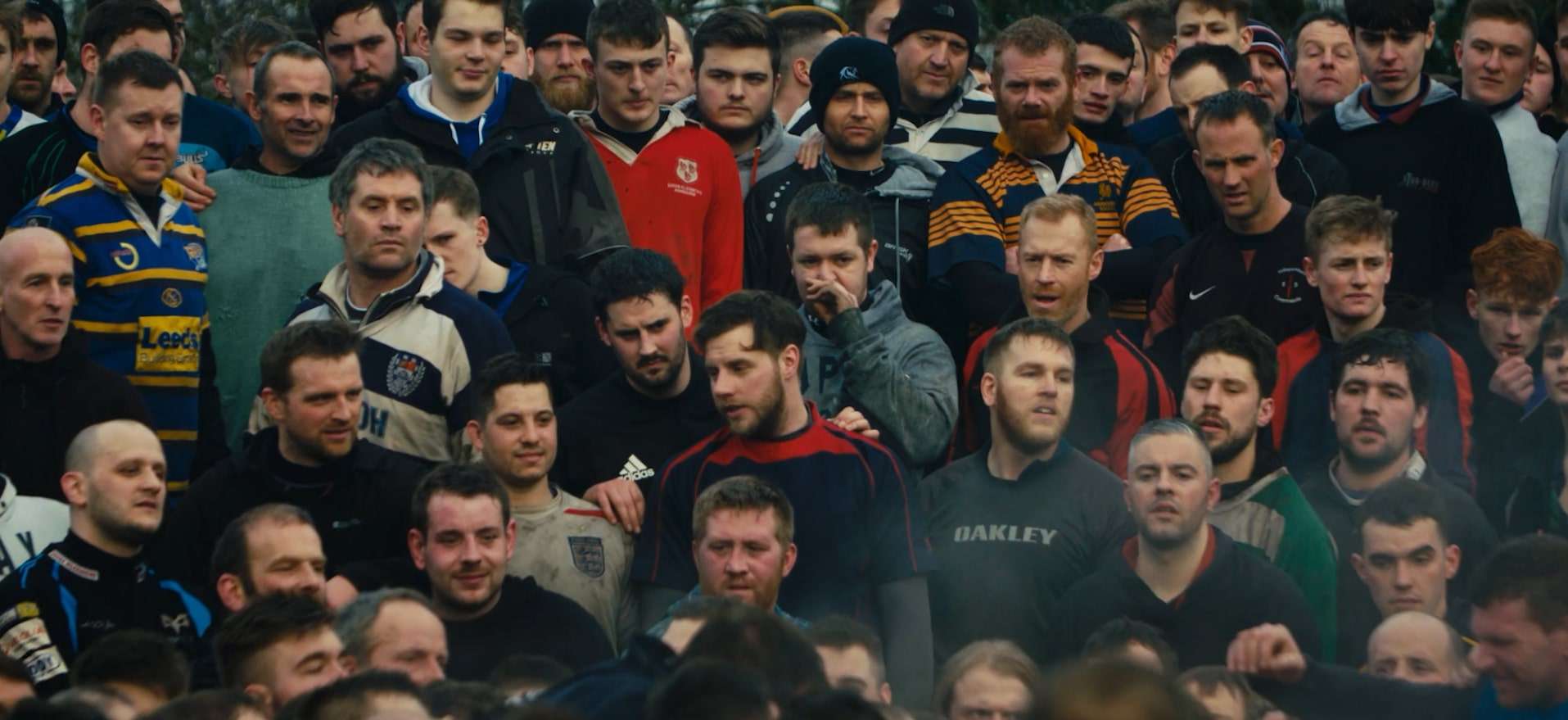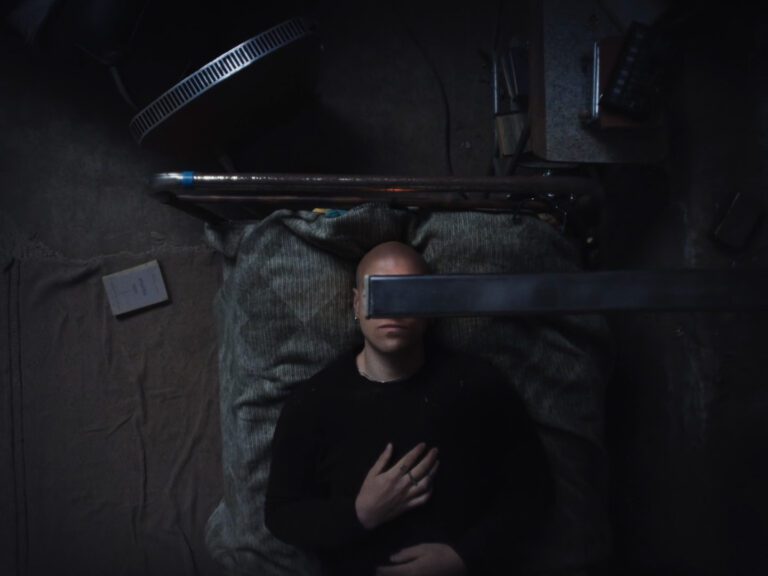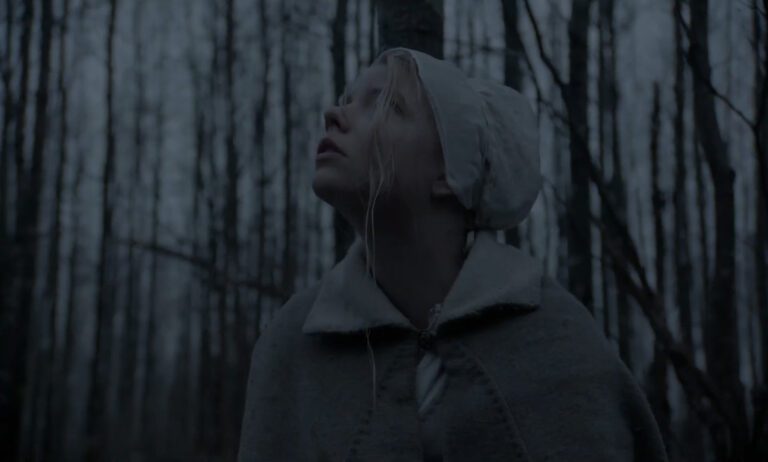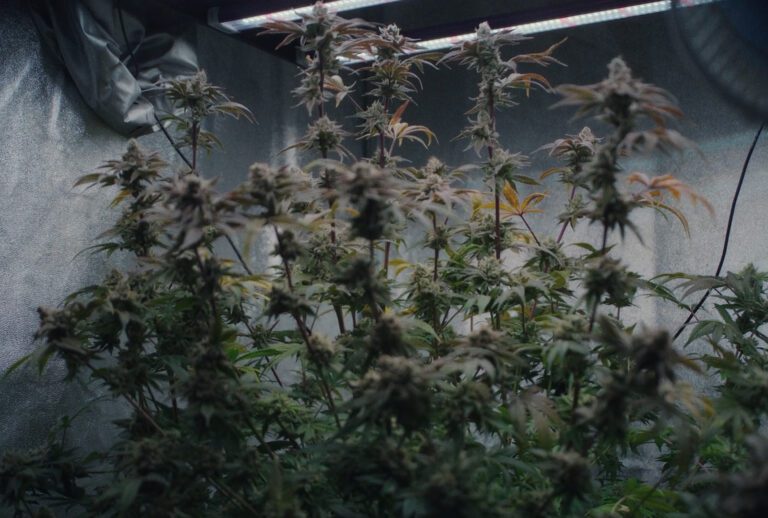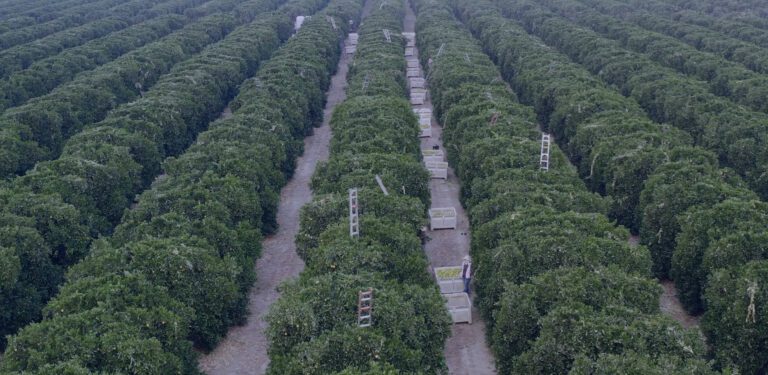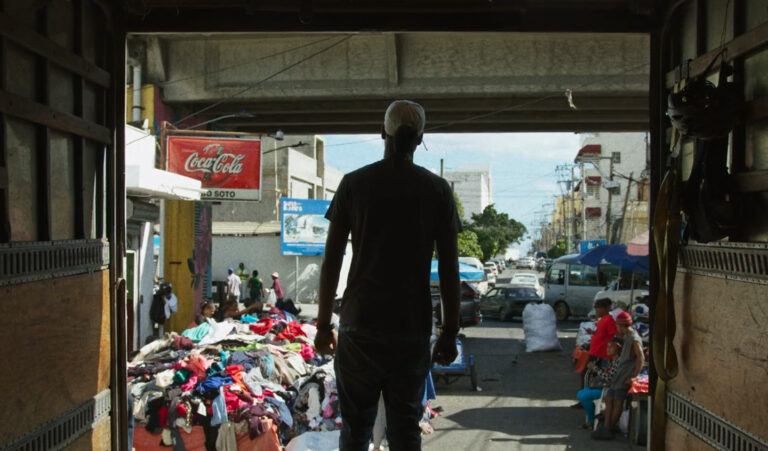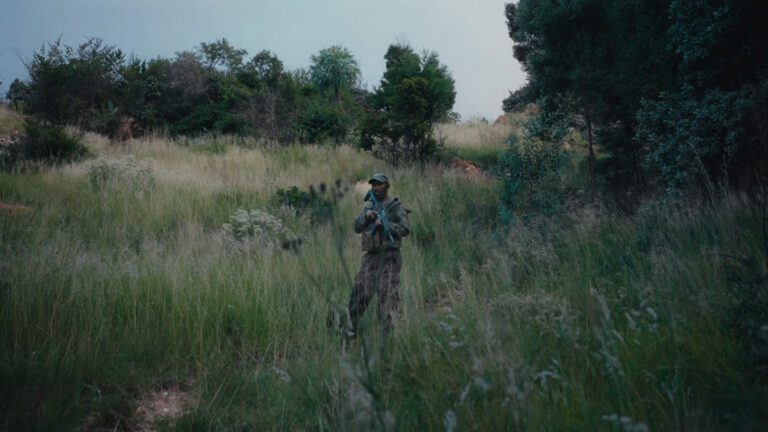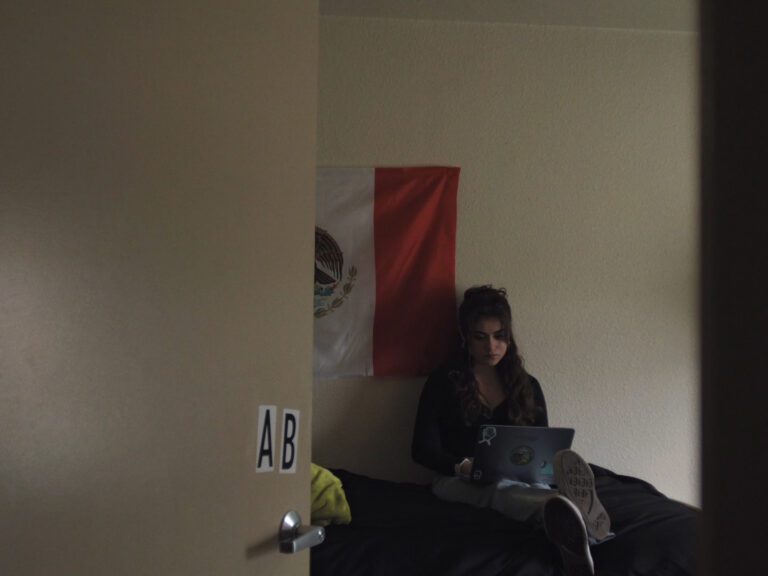Suggested Terms
Director
Location
Format
Festival
Agency
Production Company
Record Label
Award
Country
- United Kingdom
Production Company
-
Nice Shirt Films
February 2022
Louis Hollis directs ‘Shrovetide’.
For two days each year a 900-year-old ball game, Shrovetide, is played out across the hedgerows, streets, rivers, and back gardens of the small English market town of Ashbourne.
Country
- United Kingdom
Production Company
-
Nice Shirt Films
Credits
-
Director
-
Director of Photography
Kurt Riddell →
-
Composer
Anders Singh Vesterdahl
-
Production Company
Nice Shirt Films
